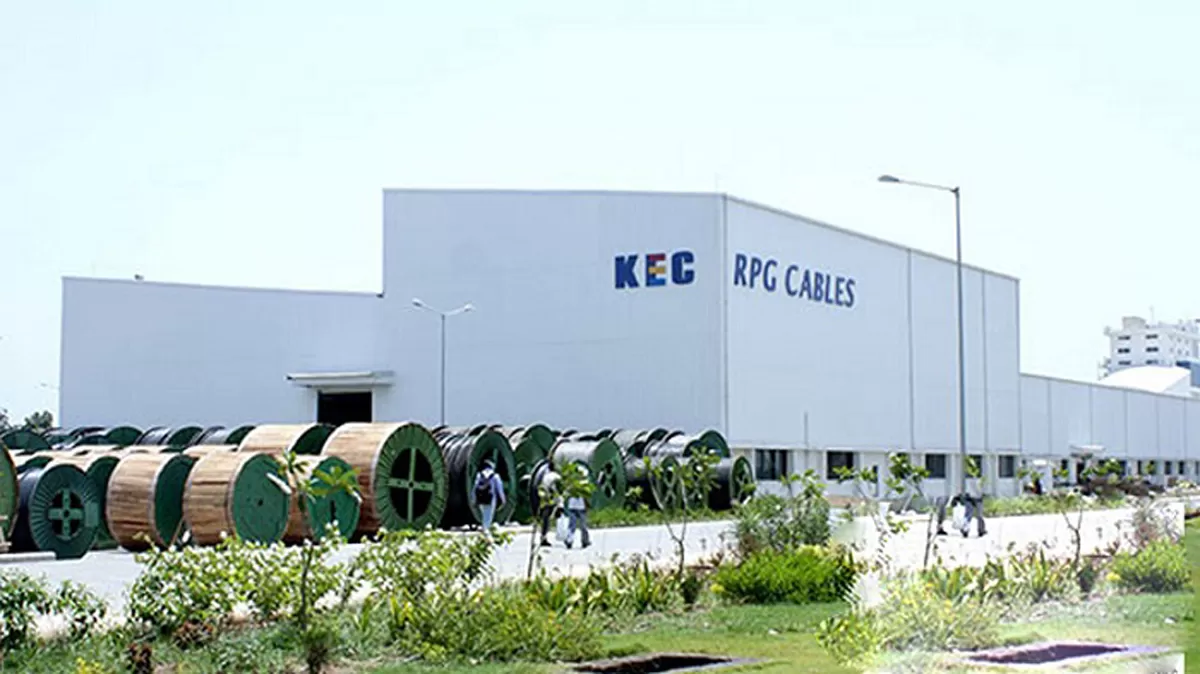Once a conspiracy of silence, the exploitation of Indian construction workers in the Middle East has hit the headlines, hard. Through case studies,
RAHUL KAMAT investigates how bad the problem can get - and offers some concrete solutions.
The hushed whispers have finally given way to a resounding outcry. For the past couple of months, a number of reports have surfaced globally, documenting the deaths of 500 Indian construction workers in Qatar and rampant exploitation in other Gulf countries.
Recently, the
International Trade Union Confederation (IUTC) expressed serious concerns about the plight of construction workers, especially those working in Qatar, indicating that the death toll is likely to go up to 1,500 by 2022, as the country sees a spurt in building projects ahead of the 2022 FIFA World Cup. Even more shocking than these numbers is the fact that, until now, neither has the global and domestic media focused on the problem, nor has the Indian government kept an account of these deaths.
Captive constituency So how bad is it on the ground for migrant workers? Well, there's nothing more compelling than a firsthand account. As part of this special report,
CW spoke to a cross-section of construction workers who have worked in the Gulf and now live in Karimnagar, a city in Telangana. The location is significant: about 10 lakh workers have migrated from Telengana to six GCC countries. And ironically, though the maximum number of workers returning from the Gulf is from this region, it continues to send more labourers to GCC countries than any other. In fact, according to the
Migrants Rights Council, a non-government organisation, the state receives about 400 dead bodies of those working in the Gulf every year.
Ripe for exploitation In general terms, our research and interviews with workers reveal the following ways in which Indian construction workers in GCC countries are exploited:
- A demand for a deposit of $275 by the employer when workers apply for holidays
- No compensation
- Fraudulent contracts
- Fraudulent cases against workers
- No health and safety norms
- Irregular payments
Now, let's look at specific case studies to understand the myriad forms the abuse and exploitation can take.
CASE 1: Fraudulent contracts Thirty-five year-old Malesh moved to Dubai three years ago through a recruitment agency. The Rs 1.50 lakh paid to the recruitment agency was borrowed on interest. However, when he arrived in Dubai, he received a rude shock — his visa was for a visit, not the work visa he had been promised. The contractor confiscated his passport at the airport. Later, he discovered that the promises made by the recruitment agency were false. Instead of 1,200 dirham per month, he received only 500 dirham as salary. Further, instead of an eight-hour shift, he had to work for 11-12 hours with no additional compensation as promised earlier. When Malesh found the situation unbearable and wanted to change his employer, he was unable to do so as the employer refused him a no-objection certificate. His complaint to the Indian embassy has fallen on deaf ears; he believes this is because his sponsor is "an influential person".
FACT: 91 per cent of workers have their passports confiscated by employers. CASE 2: Irregular payments This 33 year-old (name withheld) worked in Qatar for five years but was unable to save any money. This is because of the irregular payments made by his contractor despite completing the required working hours. He never received the money promised to him. In fact, his contractor would pay him one month's salary only after two months, forcing him to borrow from his friends for daily subsistence. Further, when his contract expired, the contractor refused to pay his pending salary for three months. He also refused to grant the benefits detailed in the contract, which included a ticket to go back home. He had to hand over whatever little money he earned to the lenders who helped him out and is yet to receive his pending dues from the contractor. Saying workers are treated like "animals," he rues his decision to work in Qatar. He believes he is better off today — he earns more and is able to feed his family and educate his children.
FACT: There are no collective bargaining agreements in existence in GCC countries today. CASE 3: Detained and deported This 38 year-old (name withheld), who worked in Dubai for 11 years, tells us how charges can be fabricated against unsuspecting workers. Dissatisfied with his working and living conditions, he expressed his desire to quit. Initially, his contractor agreed to relieve him after negotiations. But soon after, the local police arrested him, slapping a slew of false charges such as theft and breach of contract. He spent about 27 days in jail after which he was deported to India. In fact, the police extorted 2,000 dirham from him during his release — he had no choice but to pay up.
(For more case studies, click here) The legal angle
Disturbing stories all. It begs the question: what is the legal perspective here? Well, for starters, as members of the International Labour Organisation (ILO), GCC countries have the responsibility to adhere to its standards. Nevertheless, barring a few, countries like Qatar and Dubai have failed to protect the interests and rights of migrant workers consistent with international law. This is more than evident from the case studies cited.
Indeed, in its report, IUTC raised the issue of GCC country sponsorship law, which is among the most restrictive in the Middle East, forcing labour with no choice but to remain working with an abusive employer. Another concern raised by IUTC was illegal confiscation of passports (as seen in our first case study), which appears to be a universal practice in GCC countries, especially Qatar and Dubai. In fact, according to Qatar University's Social and Economic Survey Research Institute, about 91 per cent of migrant workers surrender their passports to their employers. Hence, the employer gains maximum control over his workers and the ability to hold them to ransom if they complain or try to leave.
The India view As mentioned earlier, it is equally disturbing that in the face of consistent exploitation and a rising death toll of Indian workers, the Indian Government has failed to take a firm stand in the past or even make its position clear. This has even led some NGOs to allege that the Government prefers to stay silent for fear of discourage the outflow to the GCC region and upsetting the apple cart. Things may be changing, though. A source from the Ministry of Overseas Indian Affairs has informed
CW that it is in constant touch with Indian embassies in GCC countries and has demanded regular information, including month-on-month data on worker inflow, outflow and deaths.
Action plan It's a positive step, but much more needs to be done — and soon. Here is our three-point action plan:
- Awareness above all: Lack of education and information makes Indian workers vulnerable to exploitation and abuse. The Government should strive to increase awareness, especially in remote areas. Each visa applicant should compulsorily go through an advisory or orientation programme to ascertain that he is fully aware about the conditions laid down by his employers and the terms of his contract, duties, wages and living conditions. He should also be given a comprehensive list of people to contact for help as well as in case of an emergency. An insight into the rules and regulations of the country can also go far in helping the neophyte overseas construction worker.
- Proactive government: The Government must monitor all serious accidents and deaths of Indian construction workers overseas and assiduously act upon the information received. This includes taking a firmer stand with errant countries and companies and helping injured workers relocate to India after waiver of all their debts, if the case warrants it. Further, government agencies must identify and crack down on illegal companies that recruit — and exploit — innocent workers.
- Made in India: The Indian government should create its own manpower agency, which would function at the district, taluk and panchayat levels. If such an agency is successful, it can deal directly with overseas companies, dispensing with middlemen and dubious recruiting agencies, and ensuring that workers get a fair deal and enforceable contracts.
Indeed, these are key steps to ensuring that migrant workers in the GCC are no longer denied their fundamental rights. It's time to stop the exploitation and build a bridge of hope, comfort and succour. Is the Government listening?

















